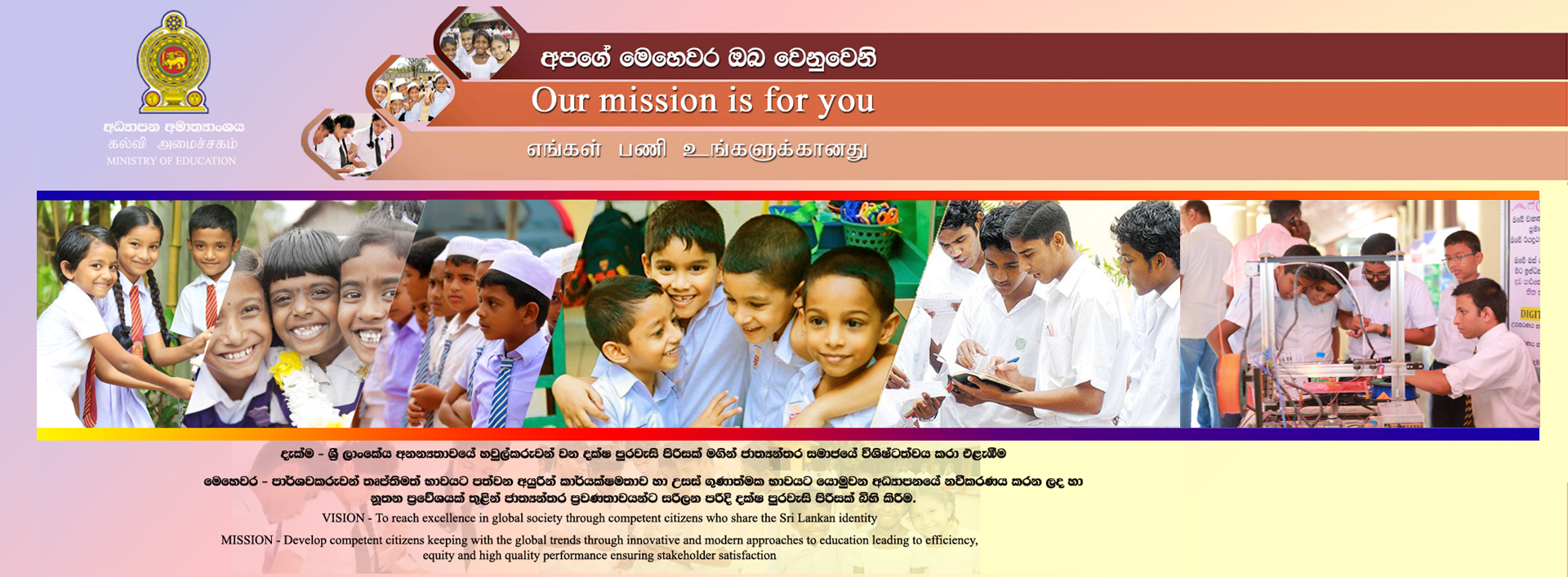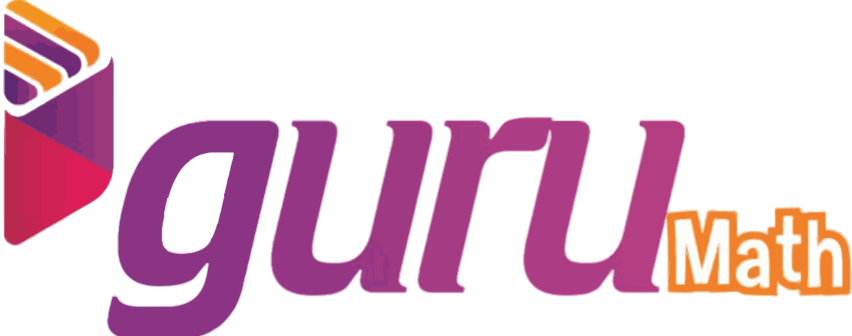
Free Online Resources from the Ministry of Education Sri Lanka
The Ministry of Education in Sri Lanka has taken significant steps to provide quality education to students across the nation. As technology advances, online resources have become vital in ensuring accessibility to learning materials for all students, regardless of their geographical location or socioeconomic status. This article explores the range of free online resources offered by the Ministry of Education Sri Lanka, their impact, and how students and educators can effectively use them.
The Vision Behind Free Online Educational Resources
The Ministry of Education aims to promote equitable education opportunities by leveraging technology. These resources are designed to:
- Bridge the gap between urban and rural education.
- Provide supplemental learning materials.
- Support students preparing for exams.
- Encourage self-paced learning.
- Reduce the dependency on costly tuition and private classes.
Key Platforms and Resources Provided

1. e-Thaksalawa
One of the flagship platforms, e-Thaksalawa, is a comprehensive e-learning portal that offers resources for students, teachers, and parents. Key features include:
- Grade-specific Content: Materials are available from Grade 1 to Grade 13, including primary, secondary, and advanced level education.
- Subjects Covered: The platform covers core subjects such as Mathematics, Science, History, and Languages.
- Interactive Features: Quizzes, animations, and videos to make learning engaging.
- Teacher Resources: Lesson plans, activity guides, and assessment tools for educators.

2. National e-Library
The National e-Library serves as a repository of educational materials, including:
- Textbooks and reference books.
- Past examination papers.
- Academic journals and research publications.
- Literature and recreational reading materials.

3. Guru.lk
This platform, in collaboration with the Ministry, provides:
- Video lessons by expert teachers.
- Online exam preparation tools.
- Study guides and revision notes.
4. Digital Textbooks and E-Learning Modules
The Ministry’s initiative to digitize textbooks has made it easier for students to access:
- Interactive e-textbooks.
- Multimedia-enhanced lessons.
- Downloadable resources for offline use.
Steps to Access These Resources
1. Visit Official Websites
Start by visiting the Ministry’s official website or the specific platforms mentioned above. Most resources are hosted at www.moe.gov.lk or www.e-thaksalawa.moe.gov.lk.
2. Register for Free
Some platforms may require you to create a free account. This allows you to:
- Track your learning progress.
- Save your favorite resources.
- Participate in interactive sessions.
3. Download Materials
Many resources are available for offline access. Students can download PDFs, videos, and other materials for use without an internet connection.
4. Explore Mobile Apps
For greater accessibility, the Ministry has developed mobile apps compatible with both Android and iOS devices. These apps allow learning on the go.
Benefits of Free Online Resources
1. Cost-effective Learning
Accessing free resources eliminates the financial burden of purchasing textbooks, study guides, or enrolling in private classes.
2. Self-paced Education
Students can learn at their convenience, reviewing materials as often as needed without the pressure of a classroom setting.
3. Support for Teachers
Educators can use these resources to enhance their teaching strategies and offer diverse learning experiences to students.
4. Inclusive Education
These resources cater to students from all backgrounds, ensuring equal access to quality education regardless of socioeconomic barriers.
Challenges and Solutions
While the initiative is commendable, there are challenges that need addressing:
1. Limited Internet Access
- Challenge: Rural areas may have limited or no internet connectivity.
- Solution: Distributing offline content via CDs, USBs, or printed materials can help bridge this gap.
2. Technical Difficulties
- Challenge: Students and teachers may face issues navigating the platforms.
- Solution: Regular training sessions and user guides can enhance usability.
3. Language Barriers
- Challenge: Some resources are only available in Sinhala or Tamil.
- Solution: Expanding content availability in all three languages (Sinhala, Tamil, and English) ensures inclusivity.
Success Stories
1. Student Achievements
Numerous students have credited e-Thaksalawa for their academic success, particularly in national examinations.
2. Teacher Empowerment
Teachers have utilized these resources to modernize their classrooms, incorporating digital tools to make lessons more engaging.
3. Community Impact
The widespread use of these platforms has fostered a culture of continuous learning, benefiting entire communities.
Future Directions
To further improve the accessibility and quality of free online resources, the Ministry plans to:
- Expand partnerships with international educational organizations.
- Incorporate AI-driven personalized learning experiences.
- Launch more interactive and gamified content.
- Enhance infrastructure to support rural and underprivileged areas.
Conclusion
The Ministry of Education Sri Lanka’s free online resources represent a significant leap toward a more inclusive and equitable education system. By providing students and educators with accessible, high-quality learning materials, these initiatives are shaping the future of education in the country. Whether you are a student preparing for exams, a teacher seeking innovative tools, or a parent supporting your child’s education, these resources are invaluable. Explore them today and take a step toward a brighter educational journey.








